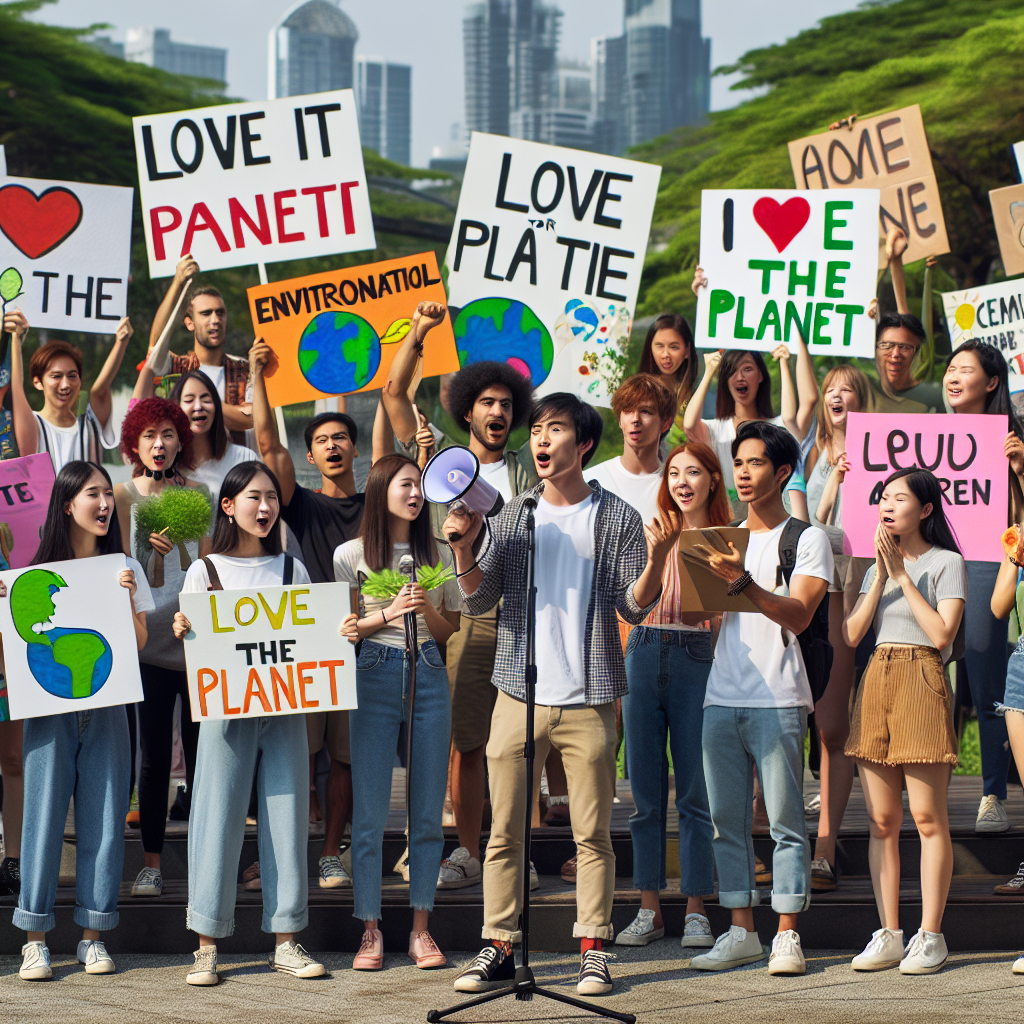Slovakia in Turmoil: Protests Demand Shift Away from Russia
Tens of thousands protested in Slovakia's capital against PM Robert Fico's pro-Russia policies, matching previous mass demonstrations. The opposition initiated a no-confidence vote. Fico accused foreign interference but lacked evidence. His Moscow trip raised EU concerns, while opposition rejected his chaotic claims.

Tens of thousands of protesters gathered in Slovakia's capital, Bratislava, rallying against Prime Minister Robert Fico's alignment with Russia. The demonstration brought together an estimated 60,000 people in Freedom Square, a significant increase compared to previous protests. The movement rekindles memories of mass protests in 2018 following a journalist's murder, which resulted in Fico's resignation.
The protests occurred against a backdrop of governmental tensions and accusations. Fico's administration, known for its leftist-nationalist stance, claimed opponents were instigating chaos. Allegations emerged of foreign interference in the demonstrations, although Fico presented no substantial evidence. In response, the opposition denied these charges, attributing them to the government's inability to address policy issues.
Amidst these protests, calls for a no-confidence vote have surfaced. Although Fico seems likely to withstand the challenge due to coalition support, his recent meeting with Russian President Vladimir Putin has intensified EU-related concerns. Protest organizers demand Fico redirect Slovakia's policy focus back to the European Union and NATO alliances.
(With inputs from agencies.)
- READ MORE ON:
- Slovakia
- protests
- Fico
- Russia
- Bratislava
- opposition
- democracy
- EU
- NATO
- policy
ALSO READ
Global Outcry Against Detention of Venezuelan Opposition Leader
Keith Kellogg's Unexpected Paris Appearance: Signals of U.S. Diplomatic Ties with Iran Opposition
JUI-F Leader Criticizes Pakistani Establishment for Undermining Democracy
Opposition Parties Unite in Boycott of Erode East By-election
Debating 'One Nation, One Election': Balancing Democracy and Development










